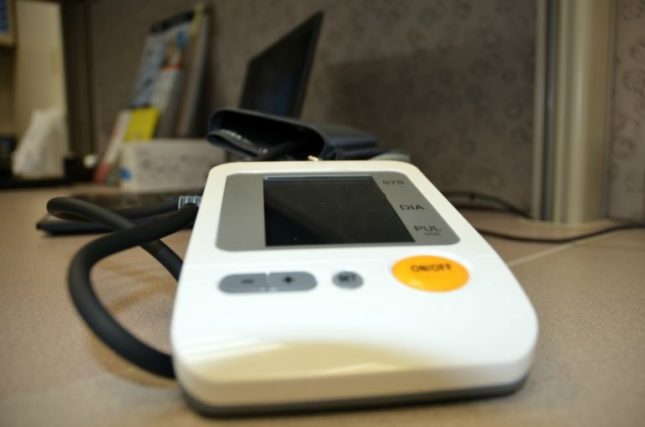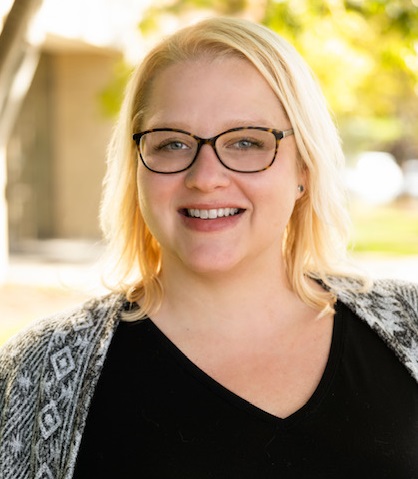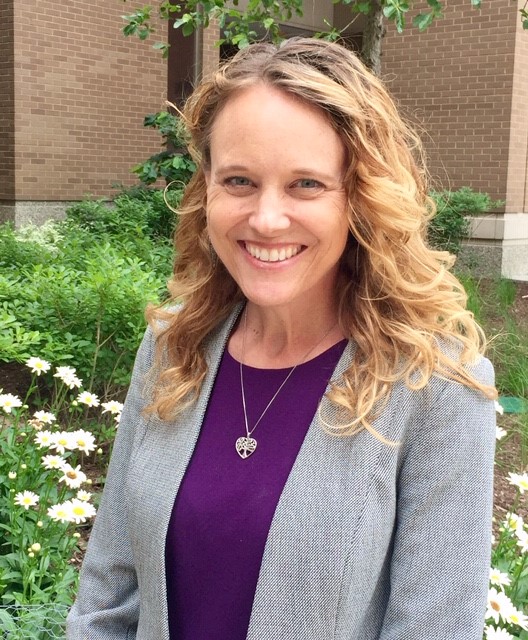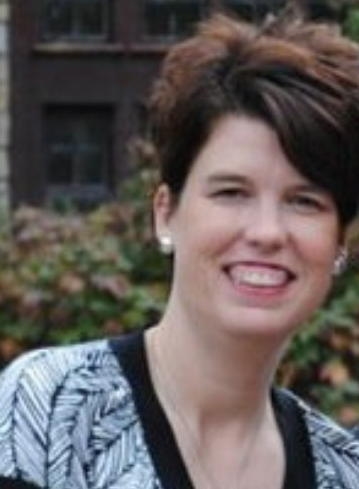One of WashU Nephrology’s internal funding programs, the Renal Staff Microgrant Program, funds projects that improve the care and experience of our dialysis patients. The 2022 Renal Staff Microgrant will extend an initiative that provides portable digital home blood pressure monitors for patients with hypertension in our dialysis clinics.
Managing blood pressure is critically important in slowing the loss of kidney function in patients with chronic kidney disease (CKD). The WashU CKD Clinic Hypertension Initiative provides the monitors to patients who may not have access to the equipment due to lack of insurance or when their insurance does not cover the cost of this type of medical equipment, which is, unfortunately, a very common situation. The blood pressure initiative has been continuously funded by the microgrant program since 2015.
In 2021, 185 blood pressure monitors were given out to patients.
This year, the Hypertension Initiative Team includes:
Victoria Haldaman, RN, BSN, Clinical Nurse Coordinator
Fabrienne Harper, BSN, RN, Clinical Nurse Coordinator, Renal Outpatient Office
Carrie Koeller, MSW, LCSW, Inpatient Social Worker
Melissa Rocco, MSW, LCSW, Inpatient Social Worker
Barbara Schmaltz, BSN, RN, Nurse Manager for the Renal Outpatient Office
Will Ross, MD, Professor of Medicine, Senior Faculty Advisor on the project
“With this microgrant, Washington University CKD clinic staff will better support patients who have hypertension, not only by giving patients the blood pressure monitor to accurately track daily monitoring, but also giving learning opportunities to each patient and encouraging each patient to take better control over their daily health.”
Will Ross, MD, the Sr. Faculty Advisor for the project since its inception in 2015.

With the monitors, patients are able to take their blood pressure at home and then call in their readings into the clinic. Adjustments to their medication can be made over the phone, saving the patient a trip to the clinic.
Results have shown that the program fosters improved patient-staff communication and patient medical compliance.




